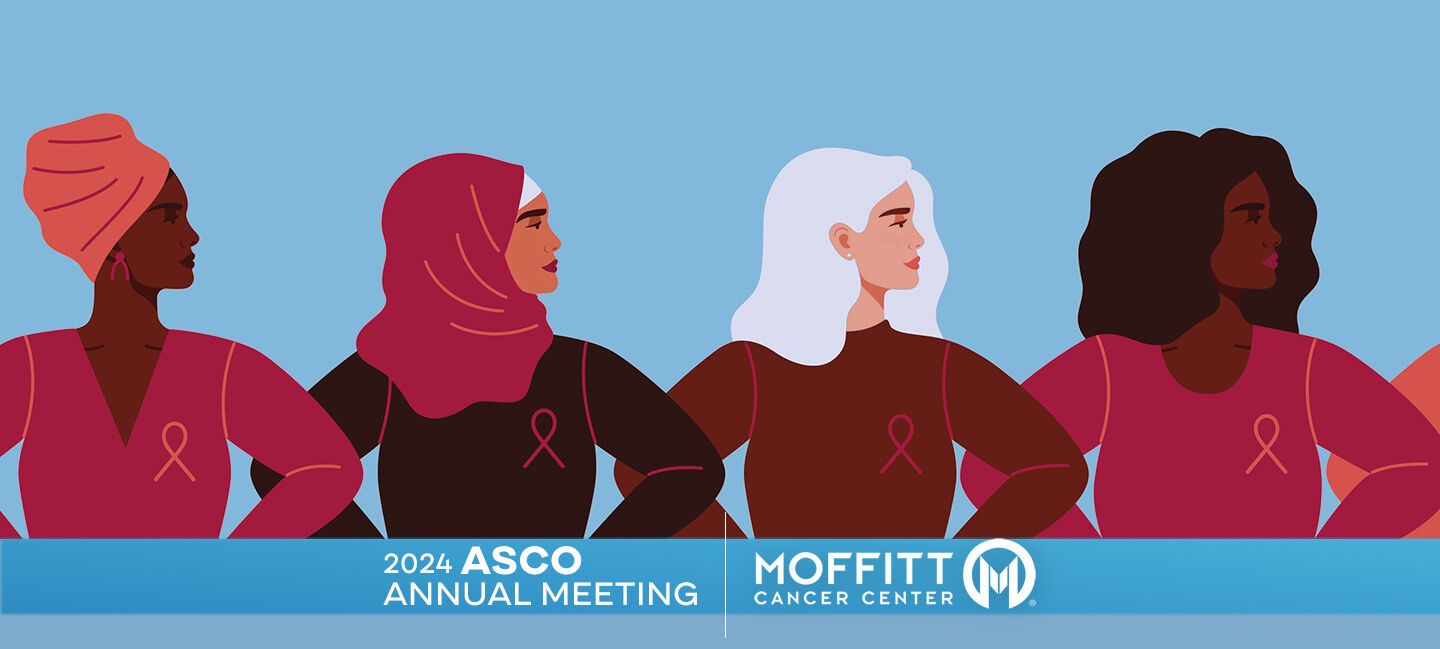Addressing Racial and Ethnic Low Participation in Cancer Clinical Trials
Racial and ethnic diversity in cancer clinical trials remains critically low, significantly impacting the applicability and effectiveness of medical research across different populations.
Kimberley Lee, MD, a medical oncologist in Moffitt Cancer Center’s Department of Breast Oncology, aims to address this issue by understanding patient attitudes towards clinical trial participation among Black and Hispanic breast cancer survivors. Lee’s goal is to develop a framework that can increase the enrollment of minority participants in clinical trials.
In the initial phase of the study, interviews were conducted with 20 breast cancer survivors — 10 Black and 10 Hispanic — receiving care at a comprehensive cancer center in the south of the United States.
The interview findings presented at the 2024 American Society of Clinical Oncology annual meeting revealed that patient attitudes towards clinical trials were generally positive, with many participants viewing them as beneficial and necessary for advancing medical science and improving outcomes for their communities. However, significant reservations persisted, particularly concerning safety, efficacy and a deep-seated distrust of the health care system’s motivations.

Kimberley Lee, MD
“Many patients don’t fully understand what clinical trials are or what they involve, especially when they are already overwhelmed by their cancer diagnosis and treatment options,” Lee explained. “We need to educate patients earlier in their health care trajectory, ideally through community outreach and partnerships with advocacy groups. This approach can help build a positive perception of clinical trials, transforming them from a daunting concept into a viable, even preferable, option for treatment.”
Lee’s approach to developing the framework focuses on understanding the barriers identified by the key stakeholders—the patients themselves. "I think the framework has to consider the opinions of the actual patients we're trying to target and enroll to improve diversity,” she said. “It must reflect the real-life obstacles these patients face, rather than assumptions made by us researchers. Then, as a health care system, we need to figure out how to address those barriers.”
The interviews provided expansive qualitative data, offering deep insights into patients' thoughts and barriers to clinical trial participation. The next steps in the study involve completing a survey data analysis and integrating it with the interview findings. This combined data will help finalize the framework and guide the development of targeted interventions.
“We will examine successful interventions from past research and adapt them to the specific needs of minority patients. The idea is that the framework can propose solutions to address issues like cost, education and attitudinal barriers. For instance, if cost is identified as a significant barrier, the framework can suggest financial assistance programs or subsidies. Similarly, if misinformation or negative perceptions are barriers, targeted educational campaigns can be implemented,” Lee added.
This study promotes health equity in clinical trials by considering minority patients’ real-world experiences and integrating these insights into a comprehensive framework. This specific approach aims to improve cancer treatment research inclusivity and build trust with minority communities for better health outcomes.



